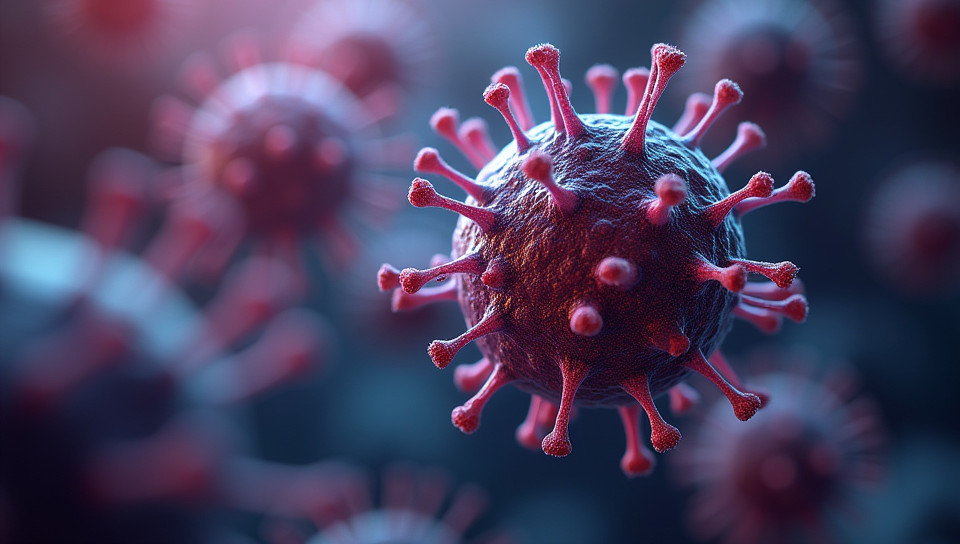Cells change in response to their environment 55%

Cells Change in Response to Their Environment
As we delve into the intricate world of biology, it becomes increasingly clear that cells are not static entities, but rather dynamic and adaptable units that respond to their surroundings. This adaptability is a crucial aspect of cellular function, allowing cells to adjust to changing environmental conditions and ensuring the survival of an organism.
The Importance of Environmental Cues
Cells receive information about their environment through various signals, such as chemical gradients, mechanical forces, and temperature fluctuations. These cues trigger responses that enable cells to maintain homeostasis and respond to external stimuli.
- Nutrient availability
- Temperature changes
- pH levels
- Presence of toxins or pathogens
- Mechanical stress
Cellular Responses to Environmental Changes
When faced with environmental challenges, cells employ various strategies to adapt and survive. This can involve changes in gene expression, protein production, and cellular structure. For instance:
Gene Expression and Regulation
Cells modulate their gene expression in response to environmental cues, allowing them to produce the necessary proteins for adaptation. This process is mediated by transcription factors that bind to specific DNA sequences, regulating the expression of target genes.
Cellular Signaling Pathways
Cells employ complex signaling pathways to respond to environmental changes. These pathways involve the activation of enzymes, receptors, and other molecules that ultimately lead to changes in cellular behavior.
The Impact on Organisms and Disease
The ability of cells to adapt to their environment is critical for organismal survival and development. When this process is disrupted, it can lead to various diseases and disorders. For example:
- Cancer: Cells with altered gene expression or signaling pathways can exhibit uncontrolled growth and division.
- Neurodegenerative diseases: Changes in cellular function and structure can contribute to the progression of conditions such as Alzheimer's disease.
Conclusion
In conclusion, cells are not static entities, but rather dynamic units that respond to their environment through various mechanisms. This adaptability is essential for organismal survival and development, and disruptions in this process can lead to a range of diseases and disorders. Understanding how cells change in response to their environment is crucial for developing new therapeutic strategies and improving our understanding of cellular biology.
- Created by: Antônia Cavalcante
- Created at: Nov. 2, 2024, 2:55 p.m.
- ID: 15375



